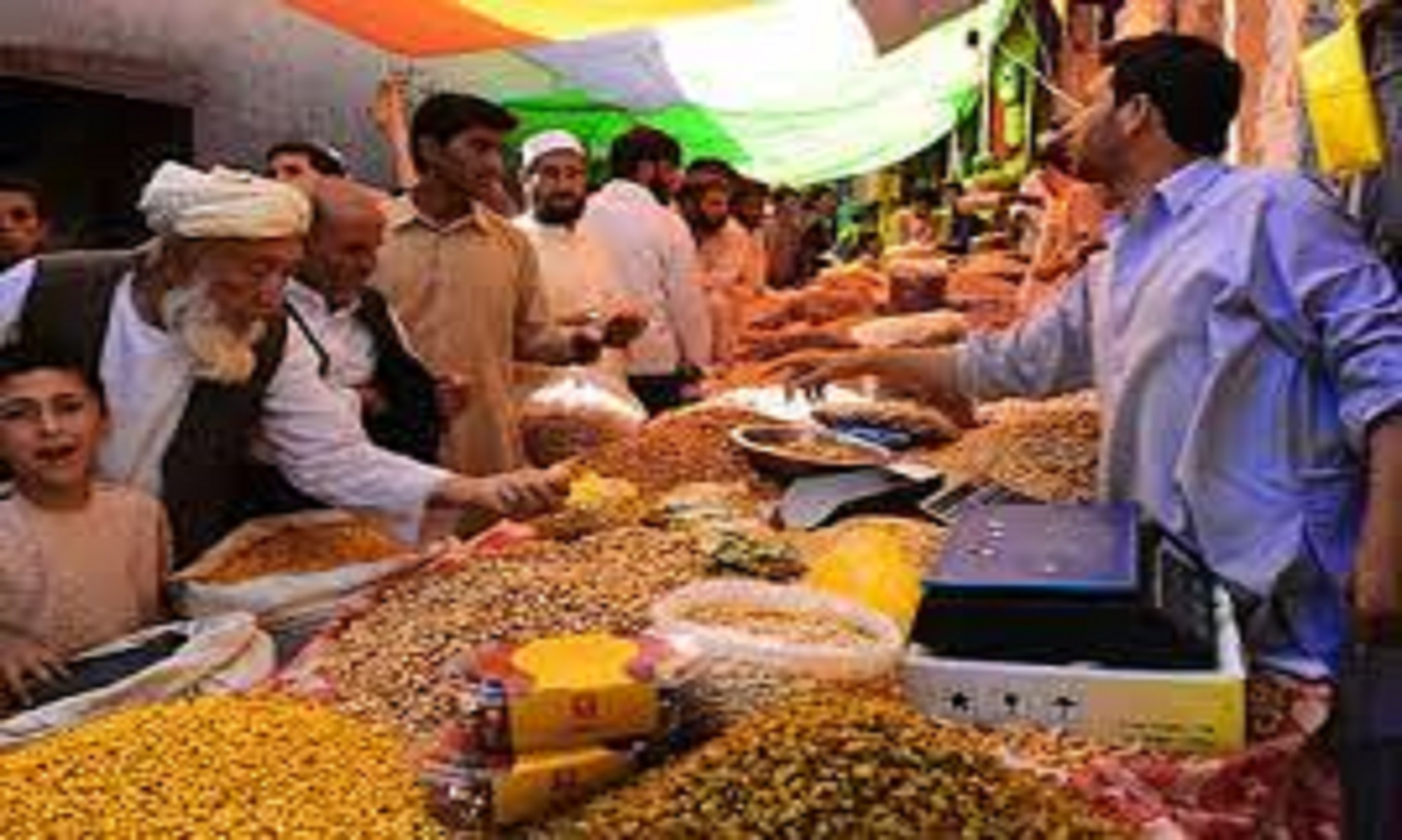KABUL, Apr 30 (NNN-ANA) – Like other aspects of daily life in Afghanistan, the U.S. sanctions slapped on the country’s new administration has also undermined Afghans’ abilities to get preparation for the Eid al-Fitr celebration.
Abdul Sabir is a Kabul resident, who visited a local market to buy dried fruits and clothes for his children, to celebrate a joyful Eid al-Fitr, but returned home empty-handed.
“I couldn’t buy anything for Eid al-Fitr, even couldn’t buy clothes for the children, because the prices of everything, including the dried fruits have gone up beyond our power purchase. The bazaar has drastically lost the hustle-bustle in compare with last year and people can’t buy what they want,” he said.
Traditionally, as part of their culture, the faithful Afghans buy fresh and dried fruits, cookies, confectioneries, and different kinds of dishes during the three-day Eid al-Fitr festival, to mark the end of the holy fasting month of Ramadan, which begins on Monday this year.
After the military withdrawal from Afghanistan, the United States has slapped sanctions on the war-torn country and frozen over 9.5 billion U.S. dollars of its assets in U.S. banks. “America has imposed sanctions on our country and has blocked our money in its banks,” a dried fruit seller, Ahmad Jawad, said.
Lamenting the skyrocketing prices of dried fruits in the market, Jawad said, “The price of one kg almond was 650 afghanis (7.55 U.S. dollars) last year, but it costs 850 afghanis (9.88 USD) now.”
Echoing a similar feeling, a dried fruit shopkeeper named Mohammad Omar, said that, his business had been greatly affected by the increasing poverty among the Afghans, impacted by the U.S. sanctions.
“Last year, ahead of Eid al-Fitr, I used to earn up to 25,000 afghanis (290 USD) every day, but this year I can hardly sell dried fruits worth 10,000 afghanis (116 USD) a day, although the number of buyers reaches its peak,” he said.– NNN-ANA






